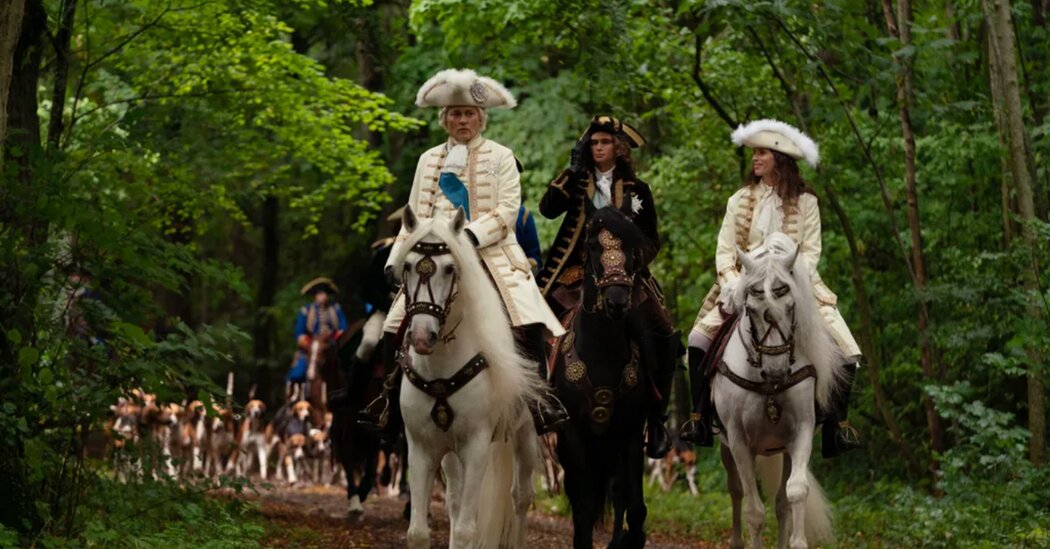
Corsini is one of the seven women with a movie in the 21-title main lineup, which is a very good number. Cannes has always been happy to have young, beautiful women in gowns and high heels ornamenting its red carpet, but it has been far less welcoming to women who also make movies. The Belgian filmmaker Chantal Akerman, one of the giants of contemporary cinema, had three movies in the official program while she was alive (she died in 2015), none in the main competition. Another titan of the art, Agnès Varda, had nearly a dozen movies at Cannes, but only one was chosen for the main competition: her 1962 film “Cléo From 5 to 7.” At least the festival named one of its theaters after her.
Some of the seven women are competing for the first time; a few, like the French director Catherine Breillat — here with “Last Summer” — are returning. Breillat was at Cannes in 2007 with “The Last Mistress,” a raw, exuberant, impolite period piece about women and desire starring Asia Argento. A few years later, in 2018, Argento shook up the festival when, onstage during the closing ceremony, she announced that she had been raped by Harvey Weinstein at the 1997 event. “This festival was his hunting ground,” Argento said, bringing the #MeToo movement to Cannes with a fury. (Argento was later accused of sexually assaulting an underage male actor, which she denied.)
Cannes organizers tend to wave off criticism, but whatever their public position toward the complaints lobbed their way, including from many women over many frustrating decades, they clearly pay attention, as suggested by the record number of women in the main competition. This record matters because Cannes does. The festival doesn’t simply command the world’s attention each year; it makes careers, revives reputations, confers status, makes the next deal (or two) possible and serves as a crucial run-up to the Academy Awards. More important, Cannes publicly and very prominently bequeaths rarefied status on filmmakers, a status that has historically been granted to men.
This isn’t simply because women like Akerman and Varda have had far fewer opportunities to direct than men. Neither artist needed Cannes’s benediction; they were brilliant filmmakers without its regular love. It’s difficult to quantify how (if) their careers would have been different if they had been in regular contention. But it’s also hard not to think that their careers would have been easier and the money would have flowed more generously in their direction if they’d been routinely programmed alongside the festival’s many beloved male auteurs. Certainly Varda and Akerman would have done right as the head of the jury, a position enjoyed this year by Ruben Ostlund, who’s won the Palme twice. I hope that his choices are better than his movies.













